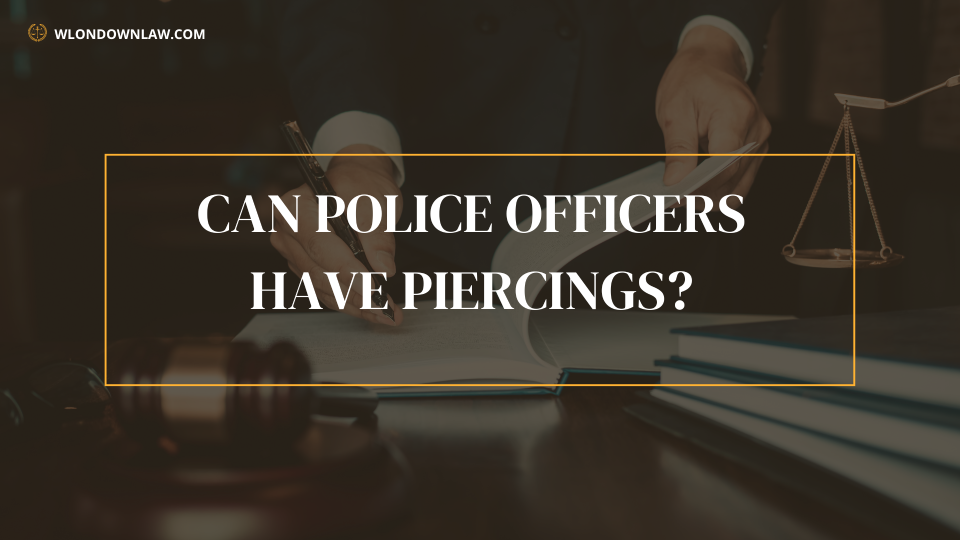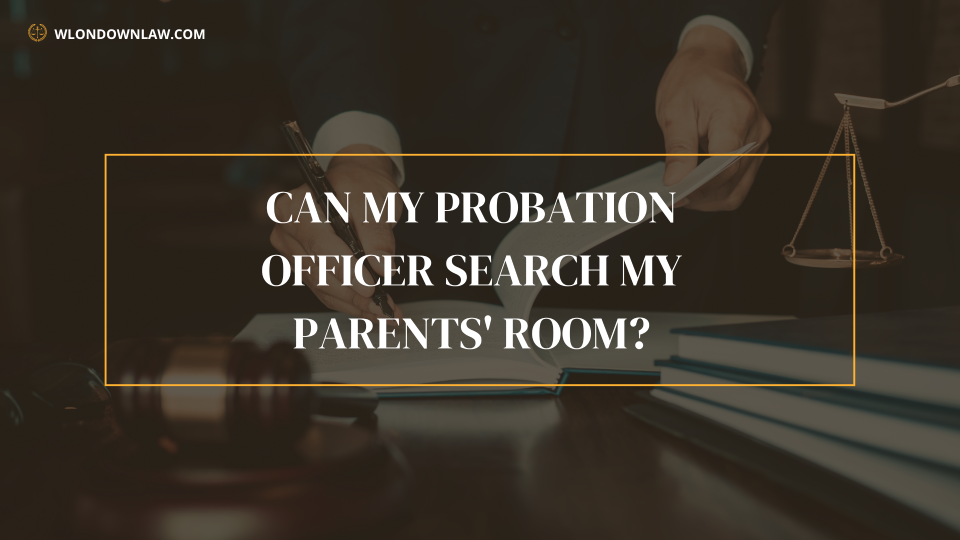Planning on pursuing legal representation in another state? Sure, that’s possible. But might your state have different rules about representation and jurisdiction?
For example, you may not know that in California, lawyers are required to state on your legal documents that they represent you in California if you live outside of the state and need representation.
The blog will help you answer the question, “Can a Lawyer Represent You In Another State?”
Working on cases from a different state can be a pain for most law firms. You need to be aware of the laws and procedures in that state and the logistics of transporting clients to the other state. It’s not impossible, but it can be difficult.
But for a select few law firms, it’s all in a day’s work. Many people don’t know anything about cross-border legal issues. They don’t realize that they need to consult with a lawyer before deciding to relocate across state lines.
In this blog, we will talk about the legal issues and process of getting a lawyer to represent you across state lines.

Out of State Lawyers and Jurisdiction
It is a common topic of discussion among lawyers. The main topic of this blog is to find out what a lawyer does and how he will work on your case from another state. Many people don’t realize that they need to consult with a lawyer before relocating across state lines.
You may also like: Can You Hire a Lawyer From Another City?
A lot of people think that if they have a legal problem in another state, they can just call a lawyer in their home state. But they’re wrong! Many legal issues are involved in moving from one state to another. For instance, it’s necessary to hire a lawyer in the other state to get his advice on local law.
Determine which state will have jurisdiction first. The term “jurisdiction” refers to the territory with authority to decide and render judgments on legal issues pertaining to your claim.
Jurisdiction laws dictate that you file a claim in the state where the incident took place or where the individual who damaged you resides. It implies that you will probably need to file your claim in Texas if you live in Iowa but are hurt in Texas or if the person who damaged you lives there.
The mere fact that another state has jurisdiction, however, does not preclude a lawyer from that state from representing you.
Out of State Lawyers and Bar Certification
In most circumstances, your lawyer needs to be admitted to the state’s bar.
Most states provide a procedure for allowing an out-of-state lawyer to be accepted to represent a client in a single case.
This procedure is known in Latin as “pro hac vice,” which means “for this occasion only.” It could or might not be necessary for the out-of-state lawyer to collaborate with an in-state lawyer. Every state has a unique procedure.
A few states also acknowledge “reciprocity” admission as an alternative to “pro hac vice” admission. Reciprocity means that even though a lawyer from another state hasn’t passed the bar exam in the state with jurisdiction, they are nevertheless able to practice there because of their admission to the bar in that state.
For instance, in Iowa, attorneys with licenses from other jurisdictions may be admitted to the Iowa Bar if:
- The lawyer is admitted to practice law.
- For at least five of the previous seven years, the attorney has been in practice.
- The practice has taken place in the District of Columbia or another US state.
Can a Lawyer Represent You In Another State? (Explained)
To avoid practicing law without a license, which is against the law, attorneys must be licensed in the state in which they work on a legal matter.
Even though they are not licensed in that state, if a person already has a relationship with a trusted lawyer, they might want the lawyer to continue to represent them in a case in another state.
If a person’s lawyer is admitted pro hac vice, they might be able to act in that person’s place for a particular case or transaction.
The rules for federal courts are different. Even though the federal court is housed in the same state or even city where you practice, you are not automatically eligible to appear there just because you have been admitted to the state bar in that jurisdiction.
Admission to a state’s bar is typically included in the federal courts’ own entrance application.
Pro Hac Vice Admission
An attorney can take on a case in another state without having to pass the bar.
A “pro hac vice” appearance is what it is known as. For this kind of appearance, the court must approve the attorney’s request to represent the client in another state (by filing a motion).
While the requirements may vary from state to state, the out-of-state attorney often must be supervised by another lawyer who is admitted to practice in the state to present pro hac vice.
Practicing Without Permission in Another State
The definition of “practice” in each state and the prerequisites for doing so are governed by the state bar in that state. Some states might permit lawyers with licenses from other states to counsel clients or participate in depositions.
Most of the time, a lawyer who lacks a second state’s license would not be permitted to testify in court.
The American Bar Association (ABA) and other organizations provide guidelines for lawyers seeking permission to appear in another state. These requirements are designed to make sure that the judge overseeing the case will not be prejudiced against the attorney because of the attorney’s previous admission status.
An out-of-state attorney may represent a client in a particular case without court approval, as long as the attorney and client have the consent of opposing counsel or the presiding judge. The attorney is usually limited to only one case in the state.
It is better to look for a business or individual who is licensed in both jurisdictions if you believe it is likely that your case will crossover state lines and require attorneys on both sides.
While one lawyer may appear pro hac, the client may wind up paying more because a second lawyer is required to monitor and is unlikely to do so for free.
Frequently Asked Questions
What is an attorney doing while appearing pro hac?
In the context of litigation, appearing pro hac means “in place of” or “on behalf of.” A pro hac attorney is one who takes over as counsel for a party and appears in a courtroom or administrative hearing, usually on behalf of a party.
-What is the difference between a lawyer and an attorney?
The term attorney denotes someone with legal training or experience. In contrast, lawyers are not necessarily attorneys.
Is it possible for an attorney to practice law in two different states?
Yes. If you are licensed to practice law in one state and want to practice law in a different state, you need to obtain authorization from the proper licensing authority in that state. There are three major areas of concern:
- Whether or not you have a license to practice law in that state;
- If the license you possess is adequate for you to practice in that state;
- Whether or not your application complies with the requirements of the state’s rules governing the practice of law.
Final Verdict
We hope that you enjoyed our blog post on “Can a Lawyer Represent You In Another State?” We know that many people are curious about whether a lawyer can represent you in another state.
The answer is yes and no, and this article will explain that. Many people are unsure if they are allowed to hire a lawyer in another state, so we hope our post gave you some peace of mind. It is a very important matter that should be carefully thought out before moving to another state.
Thank you for reading. We hope you found it helpful!


